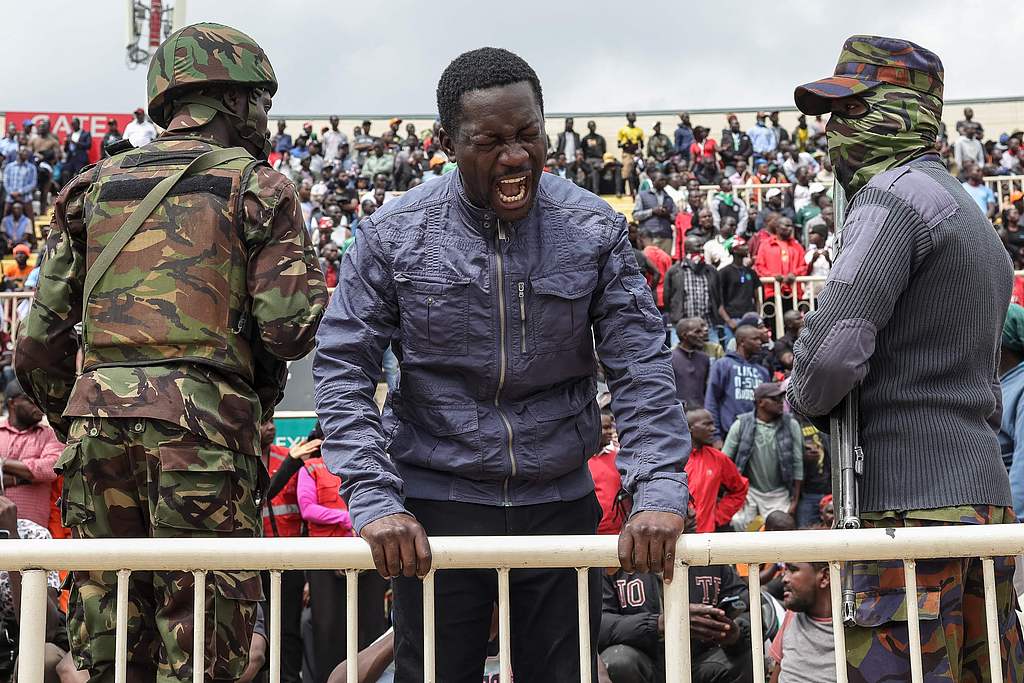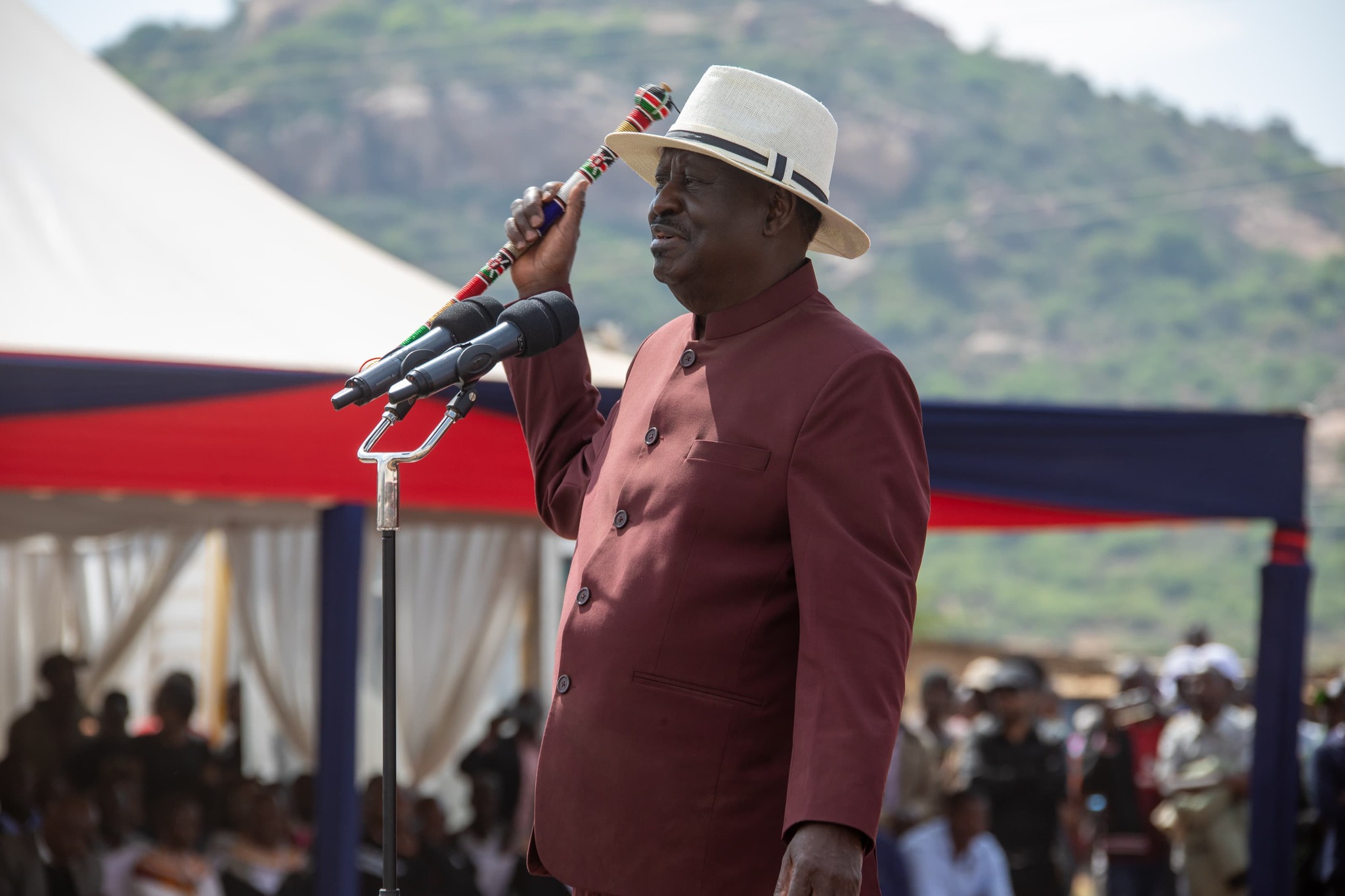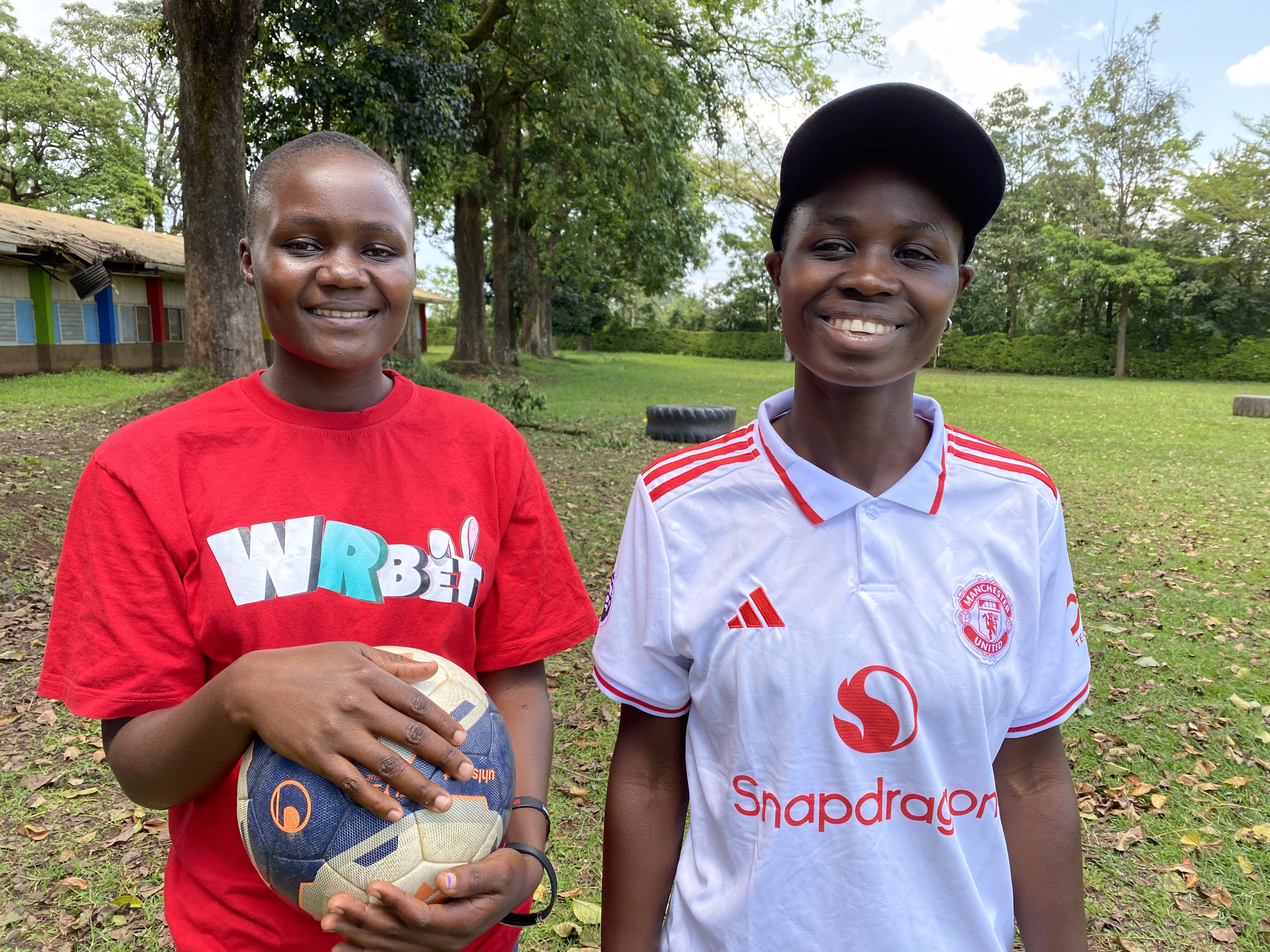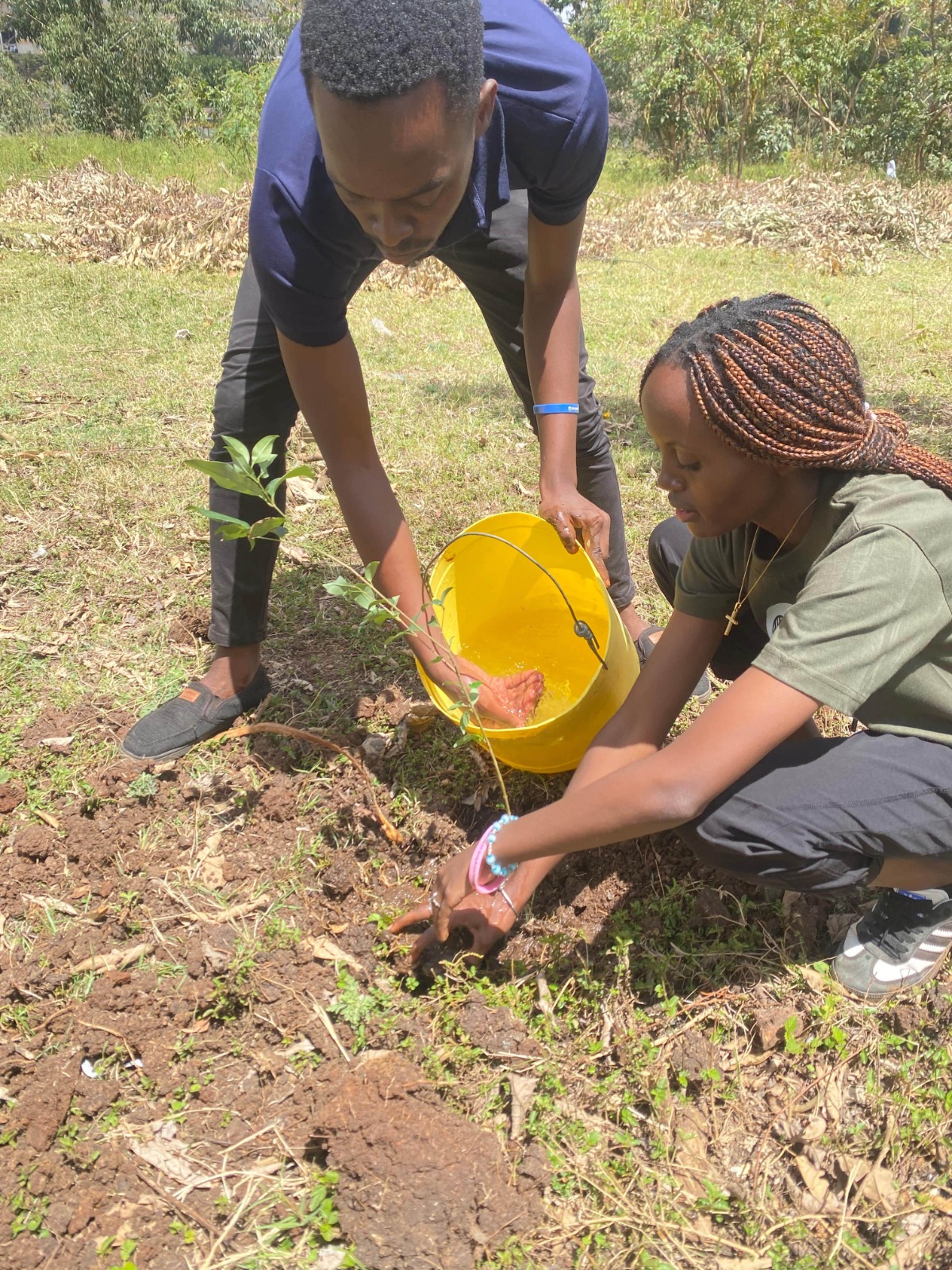
WHO:Big funding gaps slow progress in the fight against Malaria
According to the latest World Malaria Report released by the World Health Organization, strong progress has been made in the fight against Malaria, especially in offering effective control programs to children and pregnant women in Africa. However, funding shortfalls and fragile health systems have continue to undermine overall progress and thus jeopardizing the attainment of global targets.
Mortality rates for the annual number of deaths from malaria have been halved in the past 16 years to just over 400,000. Despite this, malaria remains a major killer of children under five.
“We still have a child dying from malaria every two minutes and at the same time, funding for malaria has stagnated,” said Richard Cibulkis who coordinates the WHO’s malaria strategy, evidence and economics unit.
United States and Britain are the largest international malaria funders and they account for 35 and 16 percent respectively of 2015’s total which was $2.9 billion.
Malaria remains an acute public health problem particularly in Sub-Saharan Africa, where 92 percent of malaria deaths occurred in 2015, which translates to 292,000 deaths out of the global total of 303,000 deaths, with the poorest African countries faring the worst.
Global health specialists say the money needed to sustain progress in the fight against malaria is $3.8 billion for 2016, and needs to rise each year to reach $6.4 billion for 2020.
As the fight against Malaria continues to breed positive results, total funding however, will need to increase substantially in order to achieve elimination of malaria mortality deaths in the African region.







